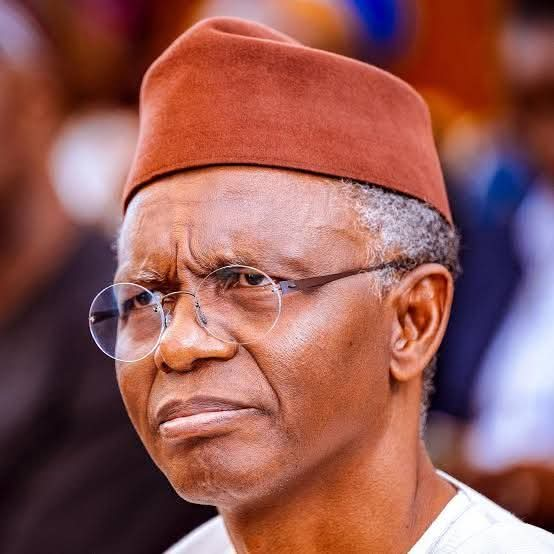Nairobi — The Southern African Development Community (SADC) Election Observer Mission has expressed concerns over the conduct of Tanzania’s 2025 general election, citing a lack of transparency, intimidation of opposition leaders, and restricted freedoms. According to the mission’s preliminary report, the election fell short of the SADC Principles and Guidelines Governing Democratic Elections, a benchmark for free, fair, and credible polls among member states.
The mission, led by former Malawi Speaker of Parliament Richard Msowoya, noted that while voting day was largely peaceful, voters were unable to freely express their democratic will in most areas. The report highlighted systematic exclusion of opposition candidates through arrests, disqualifications, and intimidation, including the detention of opposition leader Tundu Lissu on treason charges. These actions, the mission said, undermined Tanzania’s multiparty democracy and discouraged voter participation.
The observer mission also raised concerns about internet shutdowns, media censorship, and restricted access for international observers during the polls. Some mission members were reportedly interrogated by security forces, forced to delete photos, and temporarily had their travel documents confiscated. The mission criticized constitutional provisions that bar courts from challenging presidential election results or decisions made by the Independent National Electoral Commission (INEC), calling them obstacles to transparency and accountability.
The report further questioned the independence of the electoral commission, noting that its members are appointed by the president, who also serves as chairperson of the ruling party and was a candidate in the election. Observers reported low voter turnout, with some polling stations deserted, attributing this to “widespread fear and disillusionment” amid arrests, curfews, and a heavy security presence.
The mission urged the government to pursue comprehensive reforms, including allowing independent candidates, enabling judicial review of presidential election results, guaranteeing the protection of election observers, and enhancing gender and youth inclusion in politics. The report was released on the same day President Samia Suluhu Hassan was sworn in for a second term at a military base in Dodoma, breaking with Tanzania’s long-standing tradition of public inaugurations. The ceremony was closed to the public and held under tight security, with a nationwide internet blackout, curfews, and reports of protests and killings in several cities.



